Voice Disorders
What is Voice Disorders?
Everyone has experienced temporary loss of voice or hoarseness after a cold or after talking in a noisy place. Voice problems (dysphonia) can affect children and adults. Voice problems result when the vocal mechanism is used inefficiently or the vocal cords (folds) are damaged due to surgery, misuse of the voice (overuse, yelling or singing), disease (cancer of the larynx), or other conditions (cleft palate, cerebral palsy, acid reflux, infections or hearing loss). Voice problems can also be due to damage to the nerves or muscles of the larynx (voice box). People with voice disorders may have inappropriate pitch, loudness, quality (hoarseness) or total voice loss.
Resonance disorders refer to difficulties with maintaining a balance of sound resonating in the mouth, nose, and throat during speech. If there is too much air coming through the nose when saying certain speech sounds, this is called hypernasality. If there is too little air going through the nose, it is called hyponasality. These resonance disorders can impact how clearly the speaker sounds to others.
What can professionals do to help?
Speech-language pathologists (SLPs) work closely with Ear, Nose, and Throat specialists or otolaryngologists (ENTs) to assess and diagnose voice and resonance problems. Before working with a person with a voice problem, it is important to determine if there is a physical reason behind the difficulty.
Voice care is important for vocal health. People who use their voices extensively for work are particularly susceptible to voice problems. SLPs will educate the person how to use the voice appropriately and use therapy techniques to train good voice care and production. SLPs also work with children who misuse or abuse their voices. Age-appropriate voice therapy may include increasing a child’s awareness of how they use their voice and practicing good vocal habits.
SLPs help individuals who have lost their larynx (voice box) after cancer surgery to find a new way of talking. SLPs participate in hospital and rehabilitation teams to develop alternative communication methods that best meet each person’s work, social, and personal needs. If available, the SLP may provide referrals to local support groups for survivors of laryngeal cancer.
